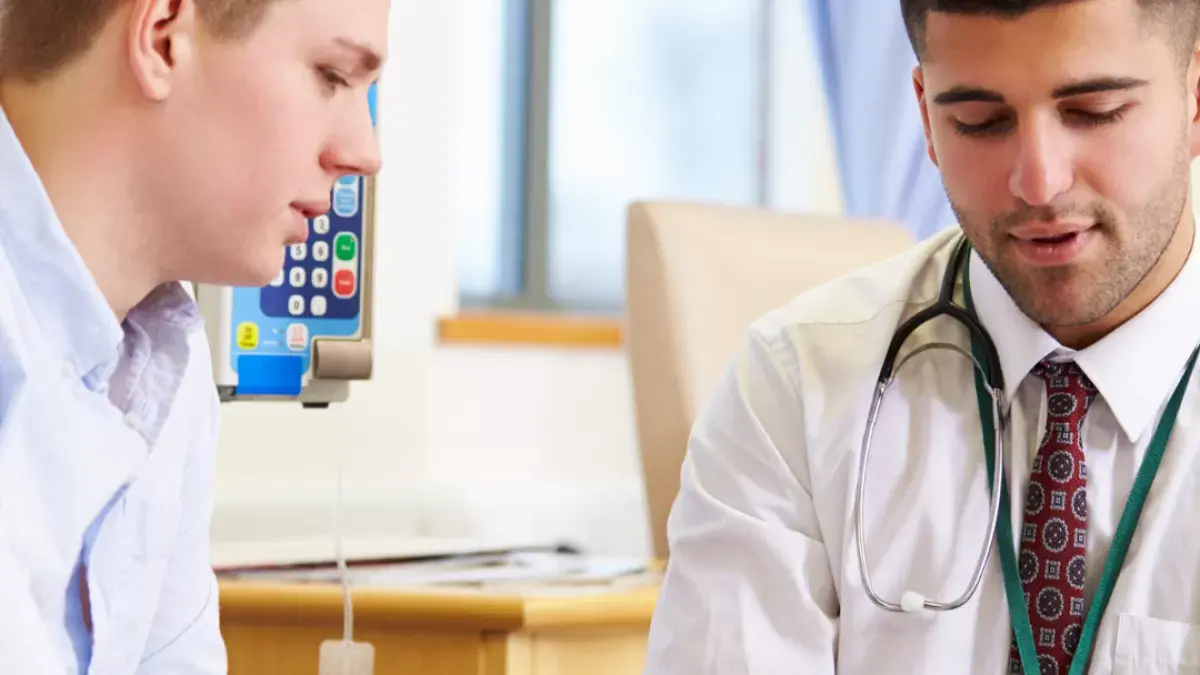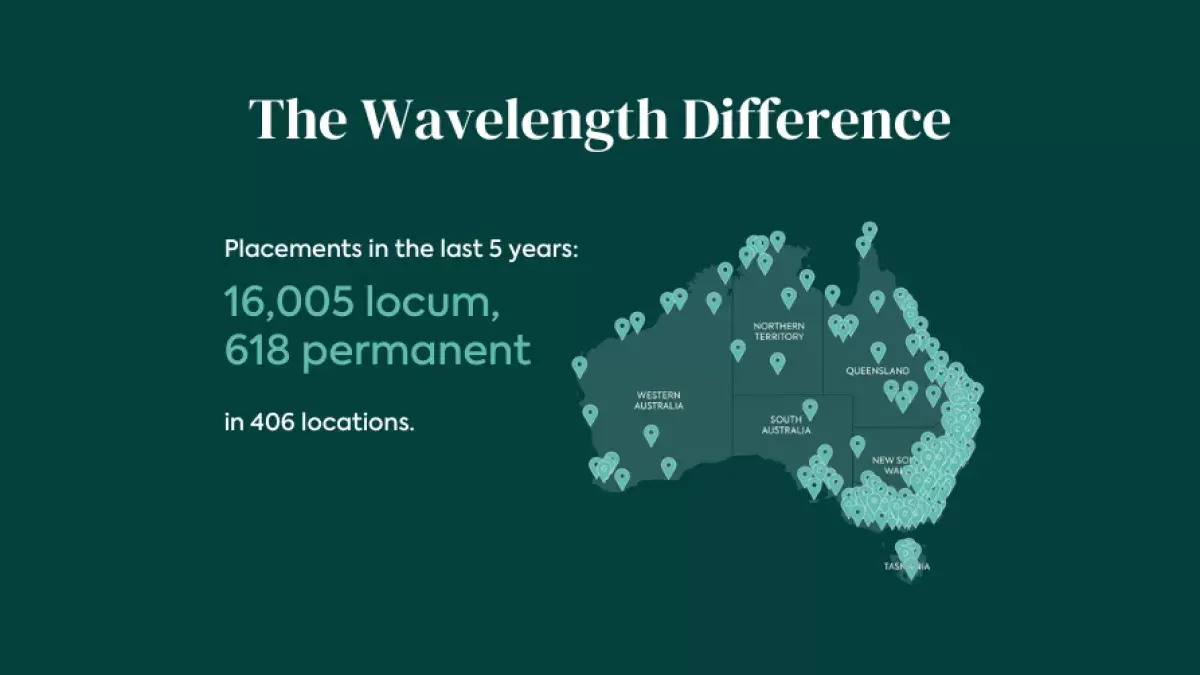- News
- Medical Careers
- 6 min read
2023 Federal Budget – GP Recap
We explore the promised healthcare spending from this year’s budget announcement, which is designed as a foundation for future reform.
- By: Admin
- September 27, 2024

The 2023 budget, announced last week, had a major focus on health and aged care. As noted recently by the federal Minister for Health, Mark Butler, general practice is the government’s highest health priority.
Here’s a snapshot of the healthcare spend around general practice:
- $3.5bn allocated over five years to triple the bulk billing incentive for children under 16, healthcare card holders and pensioners, meaning GPs will receive an extra $15-$40 per eligible bulk-billed consultation, depending on whether they’re in metro, regional or remote areas.
- $98.2 million towards rebates for consultations longer than 60 minutes
- $99 million allocated over four years to enable frequent hospital visitors to receive the care they need in general practice
- $445.1 million over 5 years to index and increase the Workforce Incentive Program -Practice Stream
- $60.2 million to extend the Practice Incentive Program – Quality Improvement for another year.
- $79.4 million will go to Primary Health Networks to fund and improve access to multi-disciplinary care teams.
So what does this mean for GPs and patients?
Former AMA President, and current GP clinic owner Dr Mukesh Haikerwal, on 3AW last week, said of the bulk billing incentive, “It’s a welcome injection of funds into Medicare that we haven’t seen for a while. It will hold the door open for people who are under 16 and are currently bulk billed anyway, plus health care card holders and pensioners. Unfortunately, it’s an incentive increase, not a rebate increase, so a whole bunch of people miss out on getting any support from this. Fees have been at a standstill for pretty much 15 years.”
The announcement comes at a time when many GP clinics are struggling to continue to offer bulk-billing to those community members who need it most. While it doesn’t address the rising cost of running a clinic, which has meant that gap fees have grown at a rate that rebates haven’t kept up, it does support clinics and GPs in the short term to keep offering current services to vulnerable patients.
RACGP President, Dr Nicole Higgins, is optimistic about the future of general practice, and believes while there is a long way to go, the budget announcements are a step in the right direction. Dr Higgins also spoke to 3AW last week. “This budget is a game changer for general practice. It’s put general practice and primary care front and centre and really prioritised them,” she said. “What we’ve seen is that if you don’t fund general practice, people end up in hospitals, ramping, overflowing emergency departments so this is a huge signal.”
Among the announcements was an approval to extend prescriptions for some PBS items, meaning patients may not need to visit their GP for some repeat prescriptions. Pharmacists will also be able to deliver National Immunisation Program vaccinations. These measures will enable GP consultations to go to patients with greater needs.
What’s the bad news?
With every promise of spending, there’s a promise of savings too. While the Government is focused on long-term improvements, the budget infers that more spending to set foundations in some areas will result in less spending in others. For example, investment in multidisciplinary primary health networks may help to steer chronic disease patients, who frequently present to hospital, to receive better care in general practice. This would mean significantly less cost to the taxpayer – around $40 for a GP visit compared to over $500 for a hospital visit.
While there is no immediate Medicare rebate increase, it has been indexed for future increases, the first of which will come into effect in November 2023.
Savings are also expected from reform to time-tiered billing, moving towards uniformity across the MBS for GPs and specialists, and (as yet unspecified) minimum consultation times for Level B items.
What does the future hold?
Dr Higgins hopes that the focus on general practice will show the importance of primary care in alleviating pressure on the hospital system. This budget is a step in the right direction for GPs and patients. It’s hoped that the focus on general practice, and promise of future investment, will go some way to encouraging junior doctors towards becoming a GP.
“One budget is not going to fix the healthcare crisis,” said Dr Higgins. “There’s a lot of work still left to do around workforce especially, and cutting red tape, trying to get more doctors to become GPs… What this budget does is shows general practice is really important; it’s valued and we need to have more of it.”
Related Articles
-
 Sep 27
Sep 27Improving Men’s Health and Wellbeing
With the theme ‘Empowering Good Health’, this year’s focus is on inspiring men to embrace healthier habits and regular health checks.
- News
- Wellbeing
- Admin
- 6 min read
-
 Sep 27
Sep 27Wavelength by the Numbers
As the financial year draws to a close and we enter our 25th year in business, we’re excited to celebrate some of the things that set us apart from the crowd.
- News
- Trends
- Admin
- 4 min read
-
 Sep 27
Sep 27Encouraging the next generation of Indigenous doctors
Wavelength has been supporting Medical Students at UNSW for over 12 years with a variety of Travel & Accommodation Scholarships.
- Medical Careers
- Admin
- 6 min read
Related Programs
-
 Sep 27
Sep 27Improving Men’s Health and Wellbeing
With the theme ‘Empowering Good Health’, this year’s focus is on inspiring men to embrace healthier habits and regular health checks.
- News
- Wellbeing
- Admin
- 6 min read
-
 Sep 27
Sep 27Wavelength by the Numbers
As the financial year draws to a close and we enter our 25th year in business, we’re excited to celebrate some of the things that set us apart from the crowd.
- News
- Trends
- Admin
- 4 min read
-
 Sep 27
Sep 27Encouraging the next generation of Indigenous doctors
Wavelength has been supporting Medical Students at UNSW for over 12 years with a variety of Travel & Accommodation Scholarships.
- Medical Careers
- Admin
- 6 min read
